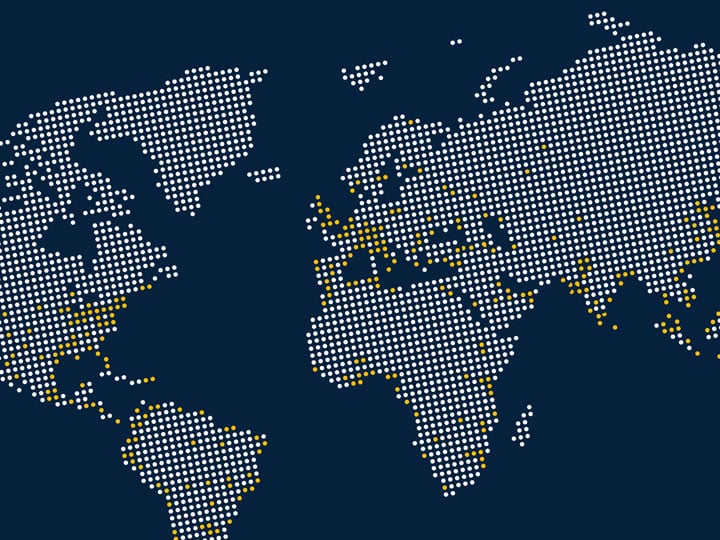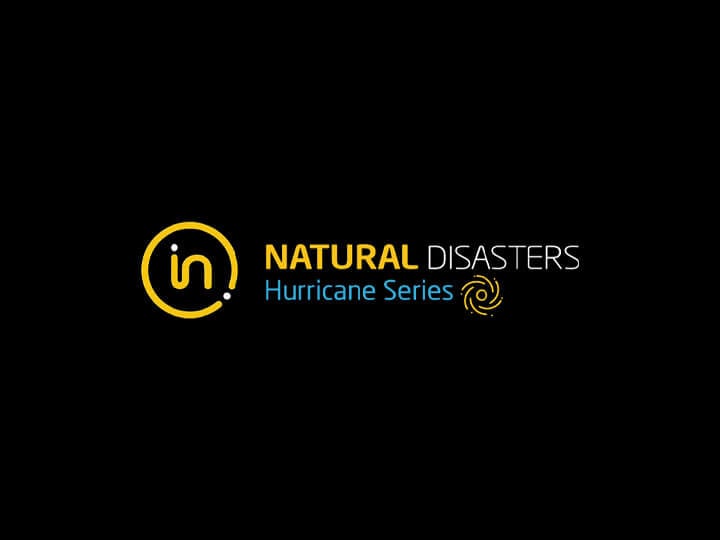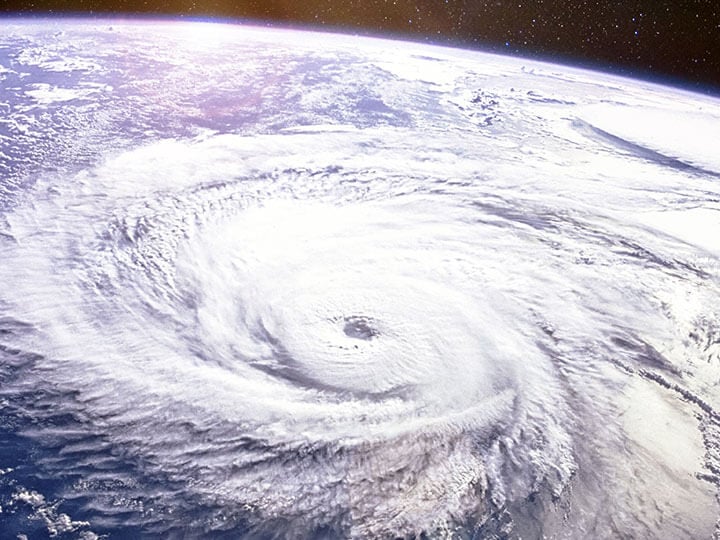Hurricane Resistant Building Materials Testing & Standards
The most common test for the hurricane market is the impact and cycling test, designed to simulate windborne debris striking a window or element of the building during a hurricane.
Hurricane Resistant Test & Standards
In hurricane-prone regions, architects, engineers, and owners face various design and safety challenges related to the building envelope and its ability to withstand severe storm and hurricane forced winds and water intrusion. The combination of intense wind, storm surge flooding, and heavy rainfall can lead to horrific damage to any structure.
Hurricanes and related test standards are based on wind speeds. The Saffir-Simpson Scale defines five categories of a hurricane based on sustained wind speeds.
Saffir-Simpson Hurricane Classifications
- Category One: 74-95 MPH – Very dangerous winds will produce some damage
- Category Two: 96-110 MPH – Extremely dangerous winds will cause extensive damage
- Category Three: 111-129 MPH – Devastating damage will occur
- Category Four: 130-156 MPH – Catastrophic damage will occur
- Category Five: Greater than 157 MPH – Catastrophic damage will occur
In this complimentary 3-part webinar series, our panel discusses the latest trends in hurricane testing, certification, product approval, speed to market, and much more.
Hurricane Testing & Florida Building Codes
Manufacturers know the importance of their building products meeting code compliance to be used in hurricane-prone areas, including the High-Velocity Hurricane Zone (HVHZ). Hurricane codes are typically defined by the geographical location of the building, which can be defined by The American Society of Civil Engineered wind speed map – ASCE 7. Florida is the most prone market for hurricanes and has implemented some of the toughest hurricane codes in the world. Florida building codes must meet the requirements of Miami-Dade County or the state of Florida to receive either a Notice of Approval (NOA) or Florida Product Approval (FPA), respectively.
The Florida Building Codes (FBC) are administered by the Florida Building Commission. The FBC is based on the International Building Code (IBC), which is used throughout the United States. As a result of the destruction caused by Hurricane Andrew in 1992, the state of Florida designates various wind zones to mandate product approvals. The FBC created the High-Velocity Hurricane Zone (referenced above) and includes Miami-Dade and Broward counties with ultimate design wind speeds > 170 mph. Wind Zones 1, 2, and 3 are defined for ultimate wind speeds ranging from 130 mph up to 170 mph.
Simplify the Florida Product Approval process along with Miami Dade Testing with an Intertek Florida Building Code Report (FBCR).

Properly testing hurricane proof building materials to make sure they meet the proper standards is crucial.
The most common test for the hurricane market is the impact and cycling test, designed to simulate windborne debris striking a window or element of the building during a hurricane. Providing protection from flying debris and breaching the building envelope is critical. If a structure’s envelope is breached, wind will enter the building, creating pressure changes that can lead to the destruction of both the contents of the building and the building structure itself. Additionally, a breached opening can allow water into the building causing water damage throughout.
Impact and cycling tests are designed to simulate the hurricane act of flying debris and the rapid increase and decrease in pressure.
The weakest links in a building envelope are windows, doors, and roofs. For windows and doors, the impact test consists of firing a 2x4 projectile at predetermined locations. The cycling portion of the test is conducted after the impact test with no penetrations and consists of 9,000 cycles of positive and negative pressures.
The Intertek team will work with your team to efficiently conduct tests and prepare the appropriate test reports you need. We offer all the required hurricane tests based on your project or product requirements, including but not limited to the following:
- Hurricane testing on doors, curtain walls, windows, shutters, roofs
- Missile and Cyclic window pressure
- Air, Water, and Structural testing
- Florida Product Approval requirements
- Miami-Dade Notice of Acceptance requirements
The most common criteria and standards impact and cycling test for the hurricane markets are State of Florida
- TAS 203
- SBCCI SSTD 11-99
- ASTM E330
- ASTM E1886
- ASTM E1996
- ICC 500
Hurricane Test Labs
Getting your products approved for the hurricane market is a must if you do business in coastal communities. With this in mind, it’s critical to work with a trusted and experienced third-party test lab like Intertek. With experience since the inception of the hurricane codes in the early 1990s, Intertek’s team of engineers and professionals has the expertise and capabilities to provide consultation and testing to ensure your products and systems pass and meet the various building codes and standards.
Additional Hurricane Testing & Building Code Resources
- International Hurricane Research Center
- ICC Testing Application Standard (TAS) 301-94 Testing Laboratory
- Miami-Dade County, Hurricane Mitigation
- Intertek Florida Building Code Report
- UpCodes: Section 1620 High-Velocity Hurricane Zones – Wind Loads
- ICC - Florida building codes
- ASCE 7 Hazard Tool
Related Links:
Knowledge Center
Building Health & Wellness: An Overview of Services
Acoustical Testing & Consulting Resources
Remote Pre Inspections for NFPA 80 / 101
Protek - Safety. Everywhere. Every Day
Fire Doors 101: Your Guide to Testing and Certification - Webinar Recording
Tornado Testing & Certification Requirements - Webinar Recording
Plumbing Products Testing & Certification - Webinar Recording
The Evolving Code Evaluation Process White Paper
Proposition 65 & the Furniture Industry Webinar Recording
Why Planning for FCC Certification is Key to Success in the Door Hardware Industry White Paper

Upcoming Tradeshows & Events
Resources
- Search and Buy Building & Construction Standards
- SpecDirect
- Building Products Directory
- Project Connect (formerly myATI) – B&C Products
- Construction Hive – B&C Projects (PSIQest)
- My TestCentral




